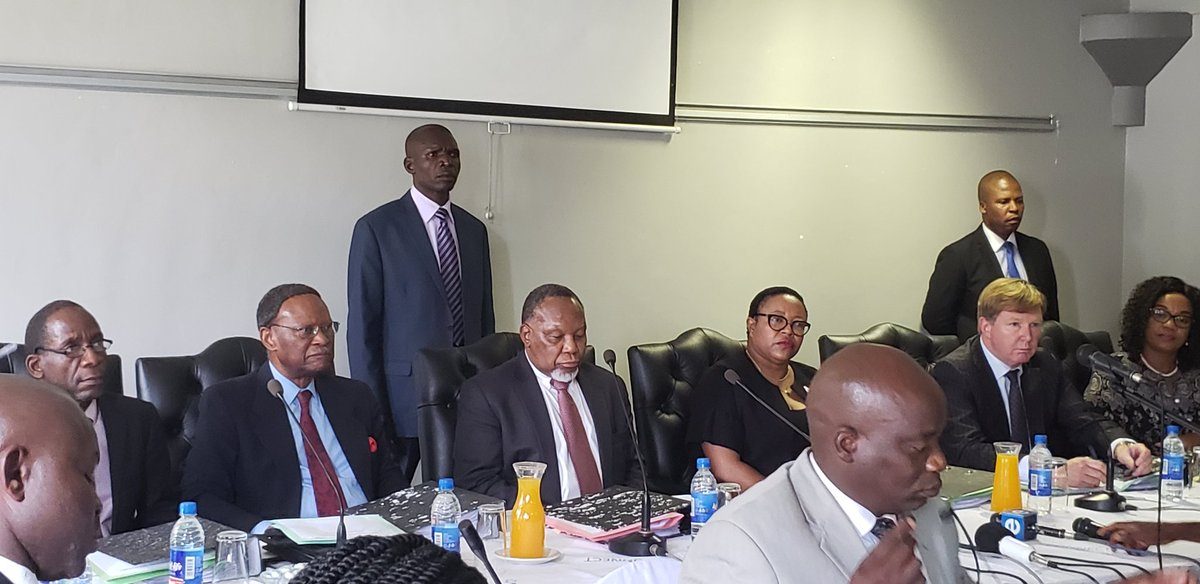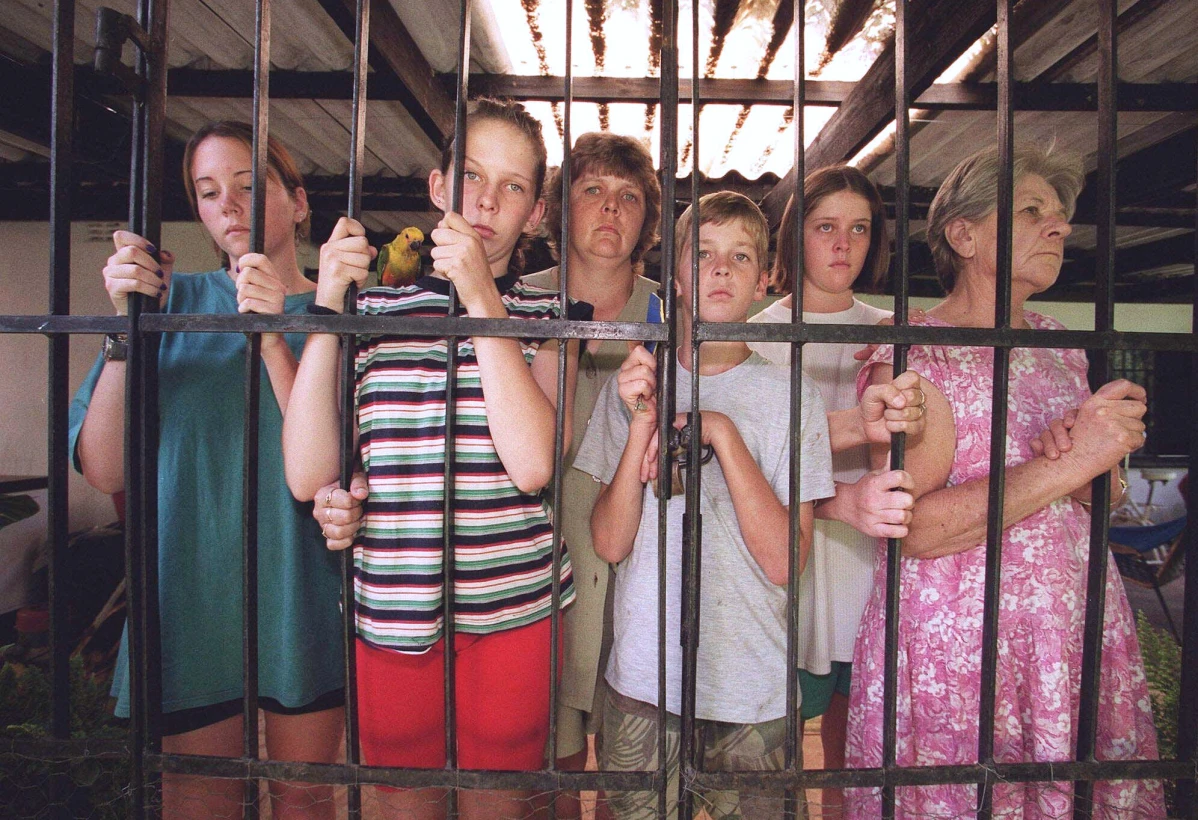HARARE – President Emmerson Mnangagwa has ignored several recommendations, including by the Zimbabwe Electoral Commission, to improve the country’s election management system and avoid disputed elections.
The Zanu PF leader on Wednesday proclaimed August 23 as the date for general elections even as the Electoral Amendment Bill was still making its way through parliament. Legislation not passed at the time of an election date proclamation cannot be used in that election.
At least 35 people were shot and six killed by the military in 2018 following delays in announcing election results, prompting the government to appoint a commission of enquiry chaired by former South African president Kgalema Motlanthe.
Among its recommendations, the Motlanthe Commission said Zimbabwe should develop ICT facilities for the speedy transmission of election results to the command centre, and that the Electoral Act should be amended to reduce the maximum five days currently allowed by law for the announcement of results.
The European Union Election Observation Mission also made several recommendations, including a call for ZEC to develop a results management process that enhances verifiability and traceability.
In its annual report for 2022, released last week, ZEC revealed that it too had submitted recommendations to the government, although details were not revealed.
ZEC boss Justice Priscilla Chigumba said: “The commission put forward proposals for amendments of the Electoral Act… As the commission prepares for the 2023 harmonised elections, ZEC awaits the passing of the Electoral Amendment Bill which is still being discussed in parliament.”
None of the recommendations will now be adopted following the proclamation, meaning August’s general elections will be held under the 2018 conditions.
The government’s draft bill did not contain Motlanthe’s recommendations, but it also carried provisions which sought to align the electoral law with the constitution.
The constitution provides for 10 youth members of the National Assembly, one for each province. Of the 60 women members of the National Assembly elected on the party list system, 10 must be youths and some must be persons living with disabilities.
The supreme law also provides that provincial and metropolitan councils must each have 10 members elected on a party list system.
Lawyers say for these to be operational in this election, the Electoral Act should have been accordingly amended.
“We regret that election proclamation was announced which makes our work and the reforms we are proposing irrelevant for the 2023 election,” Citizens Coalition for Change deputy leader Tendai Biti said.
“The election proclamation pre-empted and ultimately wiped out any possibility for electoral reforms before the election. It was therefore done in bad faith by a regime that is anti-reform. It however creates a constitutional conundrum in that new constitutional amendments such as election of the youth quota are not incorporated in the Electoral Act. It is highly debatable whether constitutional provisions without incorporation in the Electoral Act can hold.”
It is an opinion shared by the legal watchdog, Veritas, which said in a statement: “The Electoral Act does not provide for the election of these people. The Electoral Amendment Bill would have done so but it cannot be used for the election and nor can any other law that may be enacted between now and polling day.”
Justice Minister Ziyambi Ziyambi, however, maintained that the constitutional provisions would be implemented – even without amendments to the Electoral Act.
Ziyambi maintained that the Electoral Amendment Bill did not “contain any provisions that significantly affected the conduct of a free and fair election.”
“The youth quota will be there, the constitution allows it,” he told ZimLive.
Biti said Mnangagwa’s regime had “missed an opportunity” to reform the country’s elections architecture and avoid disputed elections.
“It’s very regrettable that Zimbabwe wades into an election without reforms,” he said.
















